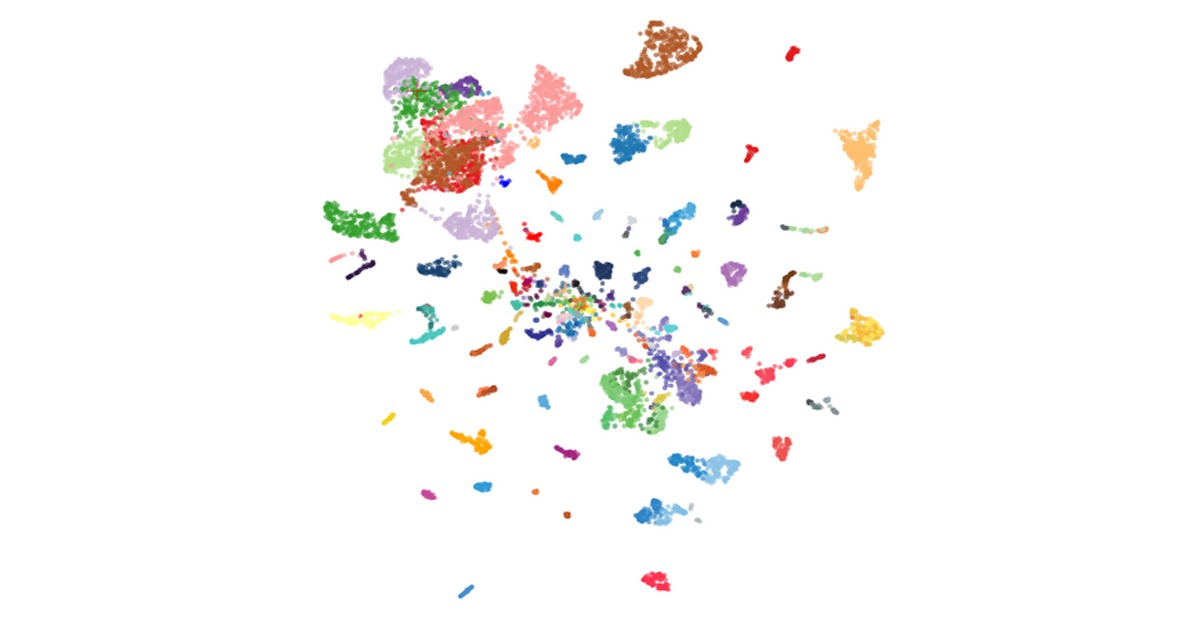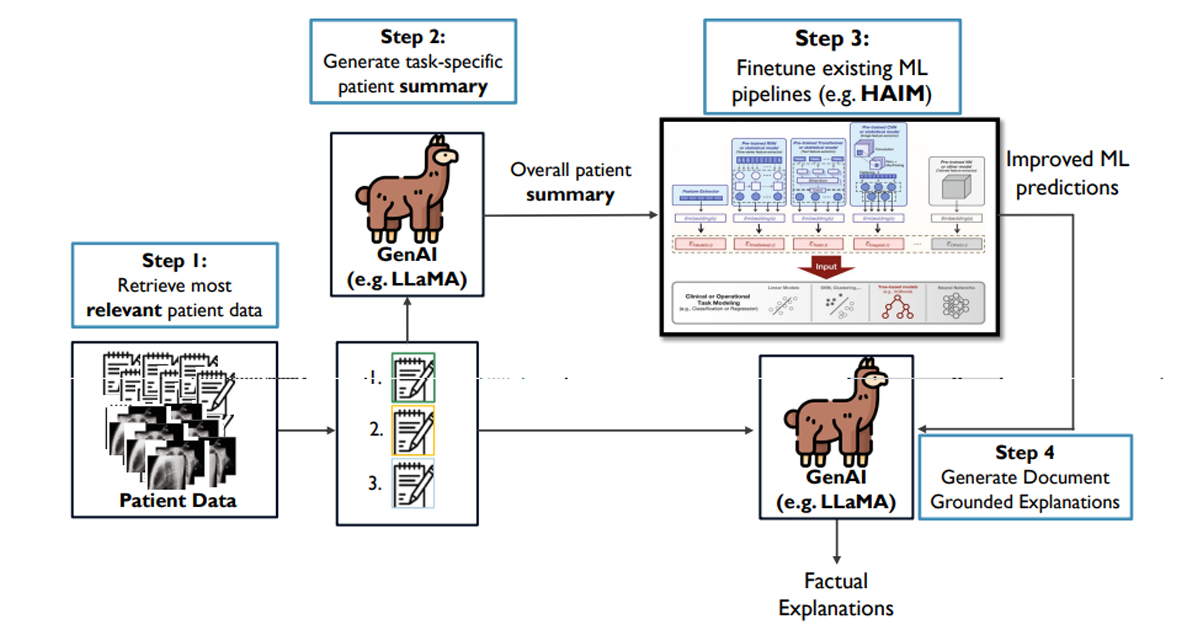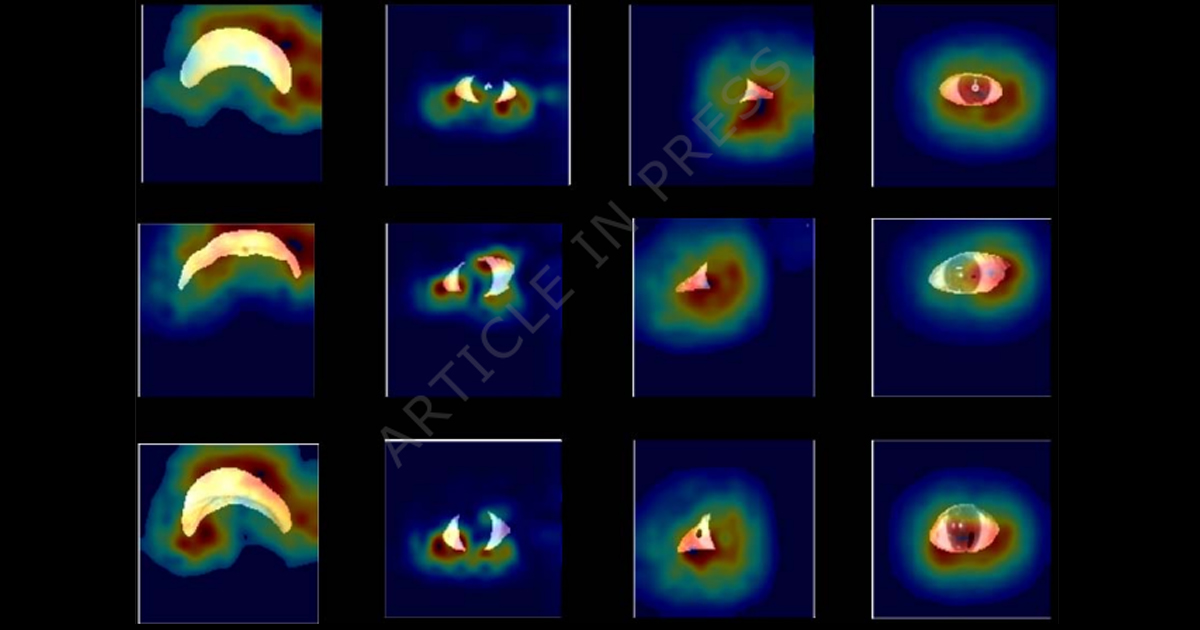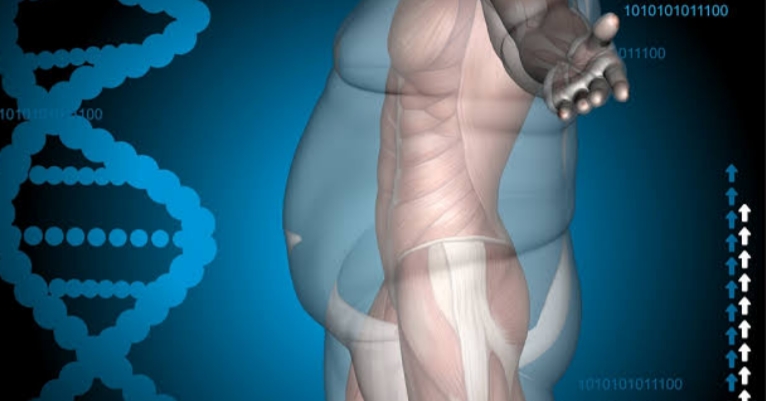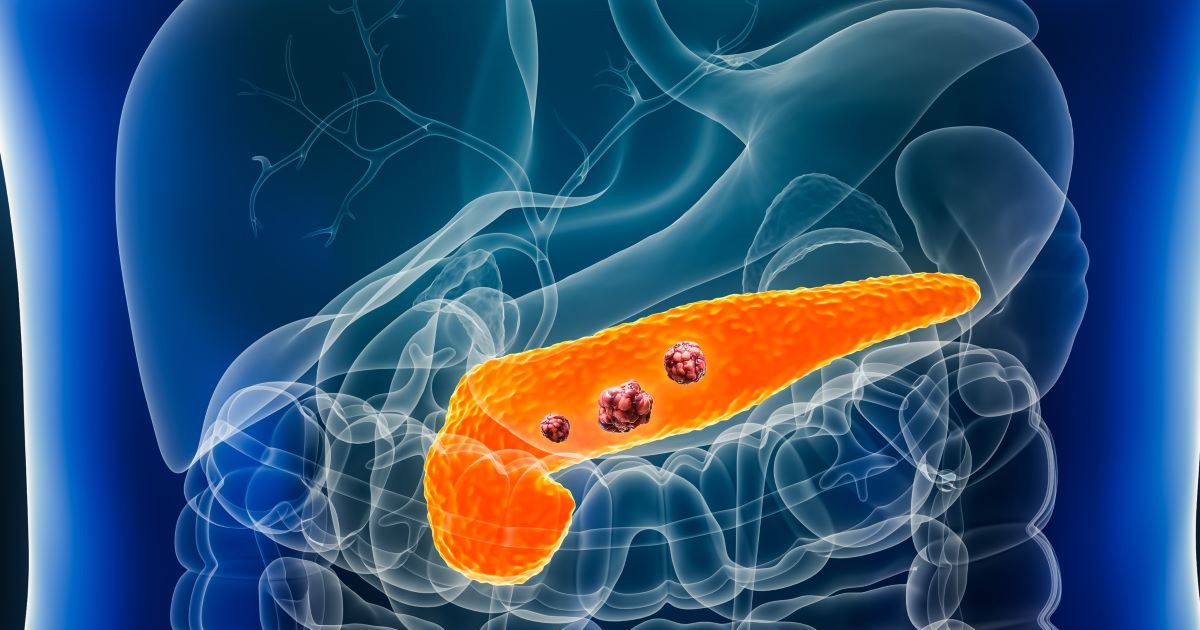The ISSSTE y el CMN 20 de noviembre pone en marcha su programa de teleasistencia en salud mental a través de robots.
Especialistas en salud mental del Centro Médico Nacional (CMN) 20 de noviembre, perteneciente al Instituto de Seguridad y Servicios Sociales de los Trabajadores del Estado (ISSSTE), implementaron robots que funciona a través de Artificial Intelligence (AI) para la teleasistencia a pacientes COVID.
En febrero comenzó a prepararse el proyecto de “coterapeutas robóticos”, y para mayo se realizó el programa piloto con dos mini robots nombrados “Robotina Covidia” y “Davinchito Robotinio”. Estos dos robots forman parte del Programa Institucional COVID-19 de Apoyo Psicológico, una alternativa para brindar acompañamiento y atención psicológica reduciendo el riesgo de contagio al personal de salud.
Lucía Ledesma Torres, coordinadora de este protocolo explicó la importancia de este tipo de tecnología en la situación actual: “Tienen el objetivo de acercarnos al paciente considerando que está ante un tremendo estrés físico, psicológico, aislado de la familia y de manera parcial del equipo médico, porque todos estamos ahí con nuestros equipos de protección que parecieran trajes de astronautas y en muchos casos el enfermo ni siquiera puede vernos la cara, no sabe exactamente quienes somos”, concluyó.
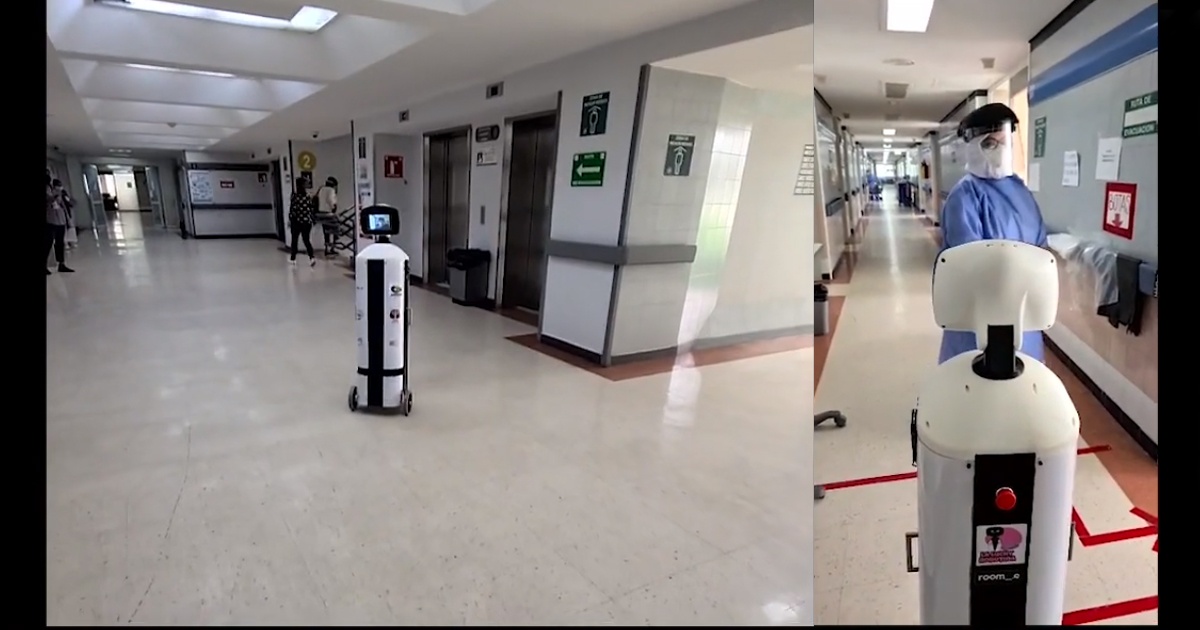
Uno de los robots es fijo, que se colocó en áreas de pacientes COVID-19 y permite tener contacto con los pacientes a través de su cámara que transmite a donde se encuentran los especialistas en salud mental. El otro robot, es móvil y se encuentra recorriendo el hospital. Este robot puede ser manejado y administrado desde cualquier punto del hospital y cumple las mismas funciones de vínculo entre pacientes y especialistas.
A finales de agosto la Coordinación de los Servicios de Psicología, Psiquiatría, Paidopsiquiatría y Neuropsicología del CMN 20 de noviembre, finalmente avaló el uso de un nuevo robot, que fue nombrado como “LaLuchy Robotina”, un robot de 1.40 metros de alto y con un peso de 37 kilogramos.
Al igual que su predecesor, este robot se desplaza por las salas del hospital y atiende a los pacientes COVID. Sin embargo, su forma de atención es distinta, ya que este cuenta con monitor que transmite en una conferencia virtual con el especialista y un familiar del paciente, estas sesiones duran 30 minutos. Hasta el momento se han realizado más de 160 intervenciones desde la implementación de esta tecnología.
Este tipo de herramientas facilitan la tarea a psicólogos y psiquiatras al evitar el riesgo de contagio y prácticamente ahorrarse utilizar equipo protección especial ya que no entran en contacto directo con los pacientes. Además, también facilita la comunicación entre pacientes y sus familiares.


